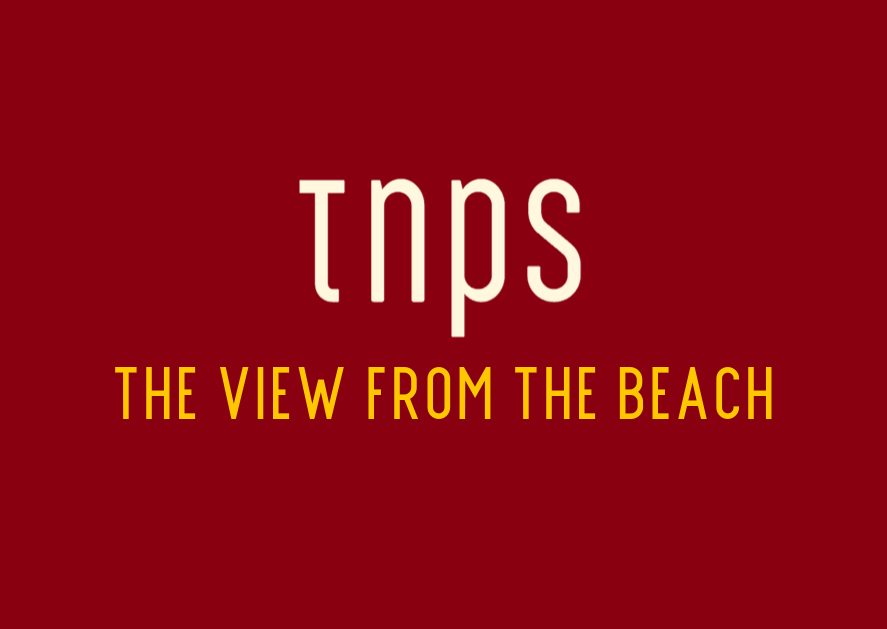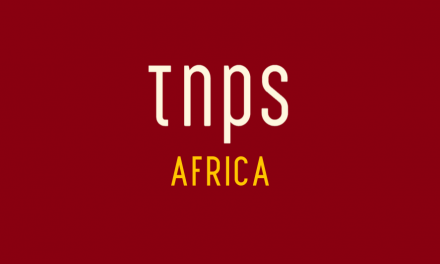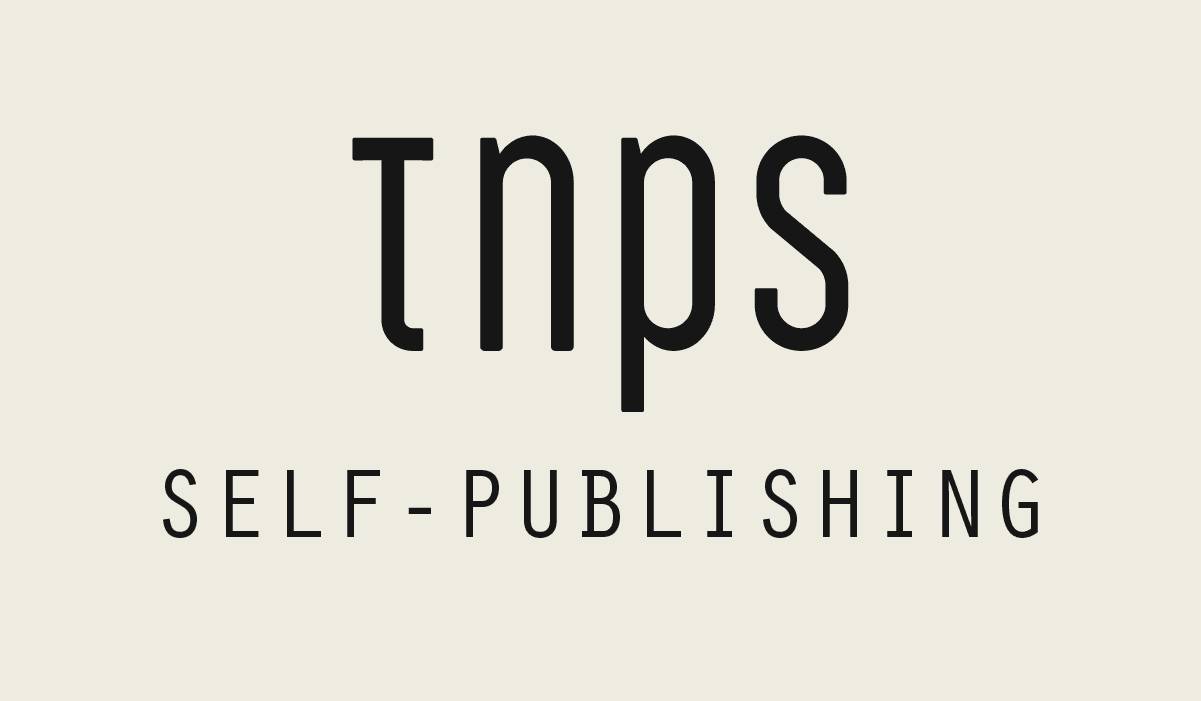For publishers there’s no direct threat here – and likely benefits, as books are often the source of Netflix original content – but what this will do is accelerate still further the consumer expectation that content – all content – should be available on the unlimited streaming model.
There was a time, not so long ago, when media lines were clearly drawn in the sand. Film studios produced films, TV studios produced TV, radio studios produced audio, publishers published paper books, music publishers published vinyl and CDs and games publishers published games.
Publishers and studios produced, distributors distributed, sellers sold. Everyone knew their place and woe betide anyone who stepped out of line. Trans-media was a game of shifting rights from one party to another.
Of course there was always some overlap. “TV films” were early attempts by television studios to get a share of the big screen audience on a small screen. Publishers published audiobooks on cassettes and disks, and music producers started producing videos. Come the 2010s and digital took off big time, with retailers like Amazon producing video and books and distribution platforms like Netflix producing original video content. YouTube got in on the production game and Spotify got into audiobooks and… Well, you get the picture.
As the 2020s unfold it’s very much a frenzied free for all, and the challenges to traditional content producers intent on keeping progress at arms length continue to grow.
This month comes news that Netflix, king of video streaming, is getting into video games to compliment its film and TV catalogue, and this comes just weeks after Netflix confirmed its ambitions in the podcasting arena. Netflix already has about thirty podcasts, all aimed at promoting Netflix videos.
While early indications are that the podcasting venture will remain Netflix-content focussed – that is to say more marketing tool than crowd attraction – the games venture will apparently be a free add-on for subscribers, building out the platform’s audience appeal.
Podcasts of course are a stone’s throw from audiobooks in the production stakes, and with Netflix under pressure to differentiate its platform from the ever-growing number of rivals, many with eye-watering IP catalogues behind them, the safe bet is that Netflix will continue to expand its platform portfolio in any and every way that compliments its core business.
It’s likely more a matter of when, not if, Netflix embraces podcasts and audiobooks as a core add-on to its platform, as games will soon be, and from there it’s a tiny step to add music.
It was reported in late 2020 that Netflix was experimenting with a sound-only option (which would massively reduce data consumption for subscribers) and that would work just as well for music and audiobooks as for podcasts.
For publishers there’s no direct threat here – and likely benefits as books are often the source of Netflix original content – but what this will do is accelerate still further the consumer expectation that content – all content – should be available on the unlimited streaming model.
Publishers and authors in the Nordics have found this can work well for them, but elsewhere, and especially in the mature print markets, resistance remains.
But for how much longer will consumers put up with print-first publishers dictating how they consume content?





